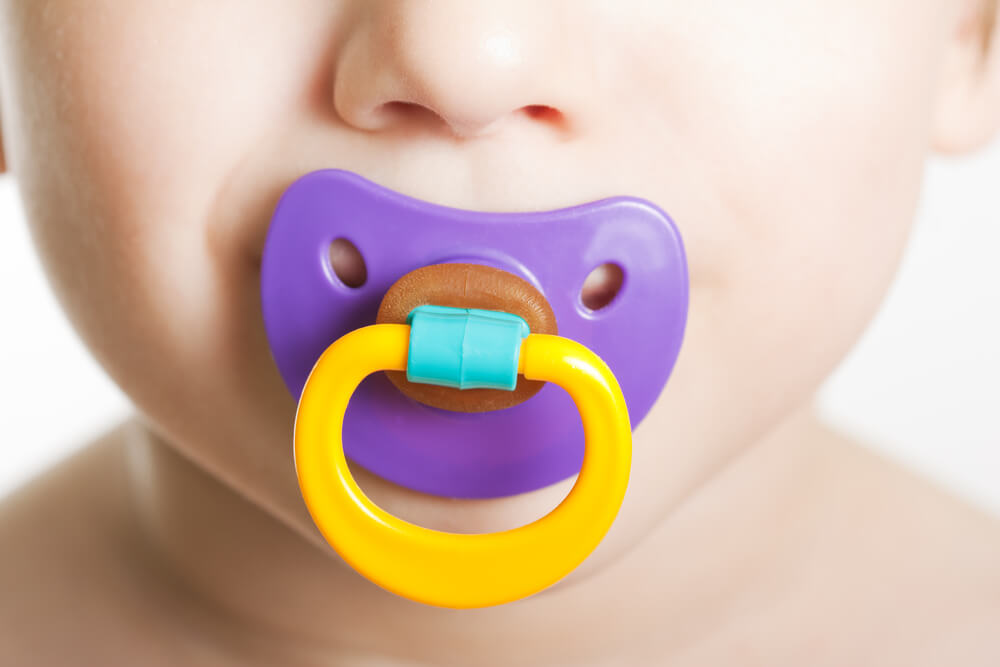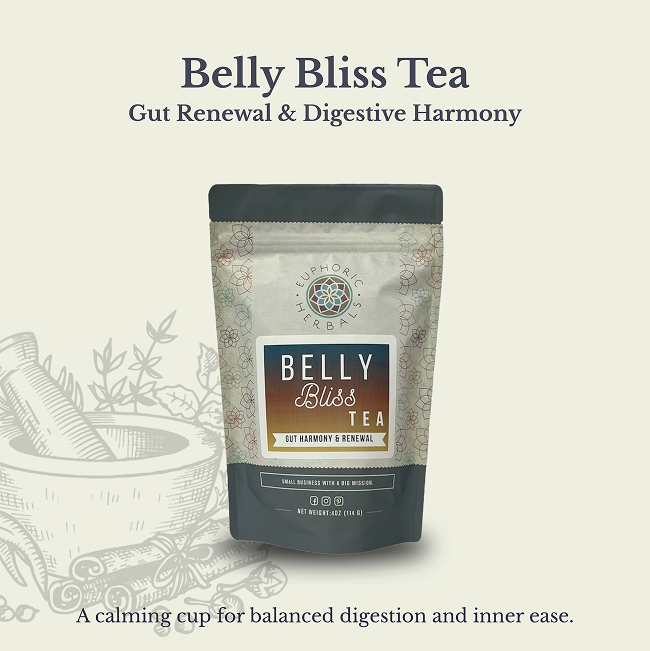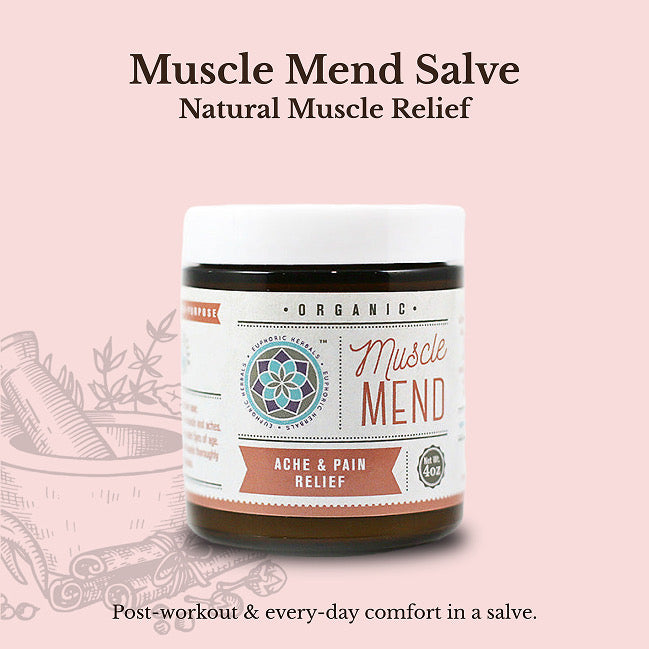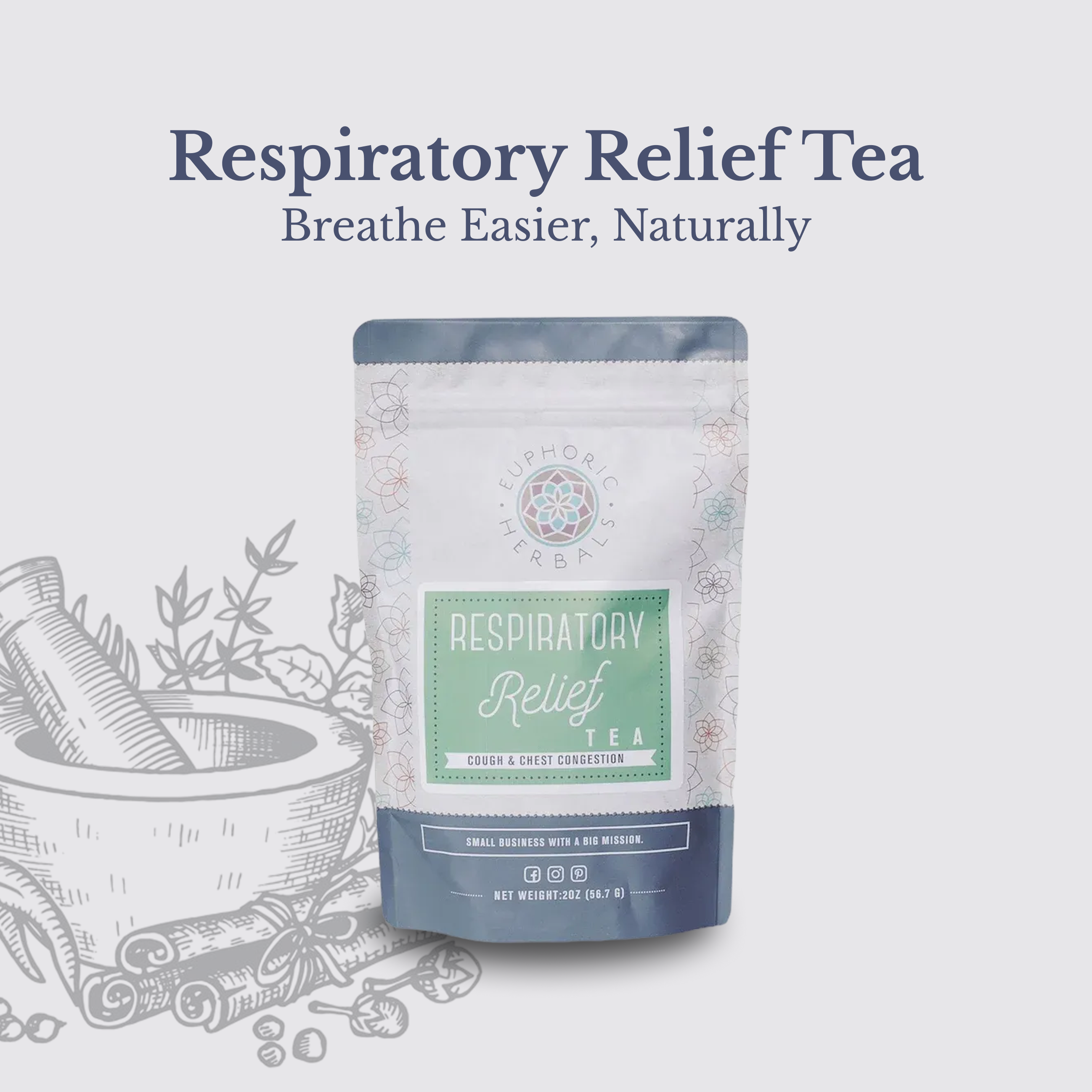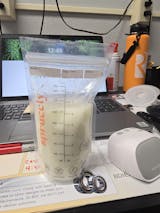It seems like medical experts have changed their tune many times over the last few decades about using pacifiers. This can make it really confusing for new moms, especially those who are breastfeeding their babies.
Is it OK to give your baby a pacifier? If it is, then how old should your baby be the first time she uses one? Are some pacifiers better than others? When is the right time to stop using a pacifier?
The answers to all of these questions and more may be found below.
Why Many Moms Give Pacifiers to Their Babies
Even if your bundle of joy hasn't quite arrived yet, you've probably already seen the wonders that a pacifier can work. One moment, a baby is red-faced and howling. The next, she's a sweet and docile cherub.
What made the difference?
The introduction of a pacifier.
Babies are born with a strong suck reflex. This is a totally normal, healthy and natural characteristic. In fact, it is indispensable because it is the suck reflex that helps baby to instinctively breastfeed just moments after birth.
Sometimes, the suck reflex can't be satisfied only during feedings. If your baby continues to want to suck even after he's full, then giving him a pacifier may be the perfect solution. So why are some moms worried about introducing their child to a pacifier?
Usually, a few different reasons are cited. These may include:
- Nipple confusion
- Pacifier dependency
- Potential for earlier weaning from breastfeeding
- Possibility of dental or speech problems
Some moms say that they simply feel guilty for popping a pacifier in their infant's mouth instead of using other means of soothing.
However, let's face it. Being a new mom is a lot of hard work. You'll probably feel exhausted, and anything that makes those months a little easier is probably a good idea.
Plus, it's important to understand that, when used properly, there's very little reason to feel bad or guilty about giving your baby a pacifier. That's true even if you're committed to feeding exclusively by the breast.
Breastfeeding and Pacifier Use Can Go Hand-in-Hand

The reality is that most babies just have a really strong suck reflex. It makes them really adept at breastfeeding, and sucking on a pacifier between feedings or when going to sleep can give them the comfort and security that they need to relax.
Evidence even exists to support the idea that pacifiers can be instrumental in preventing SIDS. This means that your pediatrician may even recommend the use of a pacifier.
Clearly, there's nothing wrong with using a pacifier to soothe an infant. You can still hold and snuggle your baby when she's fussy to give her some extra comfort and connection, but you have nothing to feel guilty about if you choose to use a pacifier sometimes instead.
Also, it's worth considering that using a pacifier can be a great way to give you a break. It's not unusual for new moms to feel overwhelmed and exhausted during those first months. However, if you're willing to use a pacifier on your baby, then you can easily leave him with dad or another family member while you take a shower, go for a walk or enjoy a soothing meal.
The better you take care of yourself, the better you'll be able to care for your baby.
Wait a Bit to Introduce a Pacifier
One thing that most medical professionals agree on is that it generally is unwise to immediately introduce a newborn to a pacifier. The American Academy of Pediatrics recommends waiting until your baby is at least three or four weeks old before bringing out the pacifier.
Doing without a pacifier for that first month is likely to be difficult, but this time would be challenging even if you could give your infant a pacifier. Let's face it: Have a baby is an utterly life-changing experience, no matter how you approach it.
Why is it necessary to wait to begin pacifier use?
Breastfeeding success, especially in the early weeks, all comes down to supply and demand. The stimulation of regular breastfeeding helps to create a steady and predictable supply of milk. This is why it is recommended that infants be breastfed every two to three hours, which equals 8-12 times in every 24-hour period.
In those earliest weeks, you're still getting to know your baby and his specific hunger cues. If you give your baby a pacifier during this time, then you may be missing out on learning his hunger cues. That equals less breast stimulation, and the result is that you will produce less milk.
Typical hunger cues may include opening and closing of the mouth, sucking on the hand, sticking out the tongue and smacking the lips. Watch your baby for these cues so that you know when he's ready to eat.
You'll know that it's time to introduce a pacifier when your breasts don't feel quite so full at each feeding session. This means that your supply has regulated and that breastfeeding is well established.
Are There Times When It's Better for Baby Not to Have a Pacifier?

In general, it's perfectly fine to give your baby a pacifier when she's fussy or needs a little extra sense of security. Still, there are times when it may make more sense to withhold a pacifier. These times may include:
- When the baby is having problems with breastfeeding
- When the baby doesn't seem to be gaining enough weight
- Trying to replace a nighttime meal with a pacifier
- The baby seems to get many ear infections
- Baby has thrush
In any of these situations, it is wise to consult a board-certified lactation consultant and a pediatrician to ensure that your baby is healthy and thriving.
Are Some Pacifiers Better than Others?
Pediatricians definitely recommend one-piece pacifiers as they don't have any additional parts that may become detached. Those detached parts are choking hazards and should definitely be avoided.
Some lactation consultants feel that a pacifier that is shaped more like a mom's breast may be preferable to others. However, this is not true for all infants. There are pacifiers with all sorts of shapes on the market. Feel free to try several if you're having a hard time finding one that satisfies your baby.
Common pacifier shapes include straight, flat, orthodontic and bulb-shaped. The straight versions are probably most like a real nipple, so this may be a good place to start.
In general, a pacifier made of silicone is recommended. Avoid latex, as many babies are allergic to this material. Silicone feels much more like natural skin too, and that can make latching easier.
When Should Your Baby Have a Pacifier?
Most experts encourage the use of a pacifier whenever a baby is falling asleep. This can be immediately following a feeding, before naptime or when going to bed at night.
If the pacifier falls out while the baby is asleep, don't worry about putting it back. As long as the baby is still peacefully sleeping, the pacifier isn't necessary. If the baby loses the pacifier and then wakes up in distress, it's perfectly fine to re-insert it to see if this brings the necessary calming effect. Don't forget to check if your baby is hungry.
It's also fine to give your baby a pacifier whenever he isn't hungry and requires a little bit of soothing.
How to Avoid Pacifier Problems
If you want to ensure that your baby's pacifier experience is enjoyable, then don't use the pacifier to delay feedings. Similarly, don't try to shorten a feeding session with pacifier use, and don't use a binky instead of feeding.
It's also worthwhile to consider limiting overall pacifier use to certain times, like going to sleep. This will make it easier to end the use of the pacifier when the time comes. For many babies, this occurs around six months of age, though your baby may want a pacifier for longer. As long as use is discontinued between the ages of two and four, the baby should be fine.
Let Euphoric Herbals Help You
Being a new mom is exciting, exhausting and challenging. Fortunately, Euphoric Herbals is here to help you at every stage of development. Whether it's helping your body to produce the healthiest milk possible, helping you sleep or keeping you energized and feeling your best, Euphoric Herbals is here to support you and your family.



















































































































































































